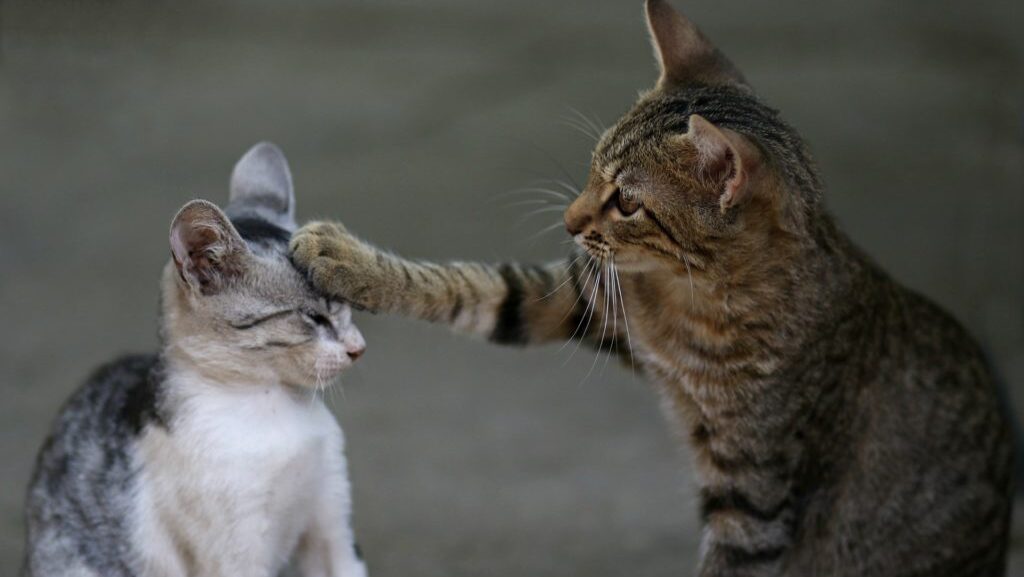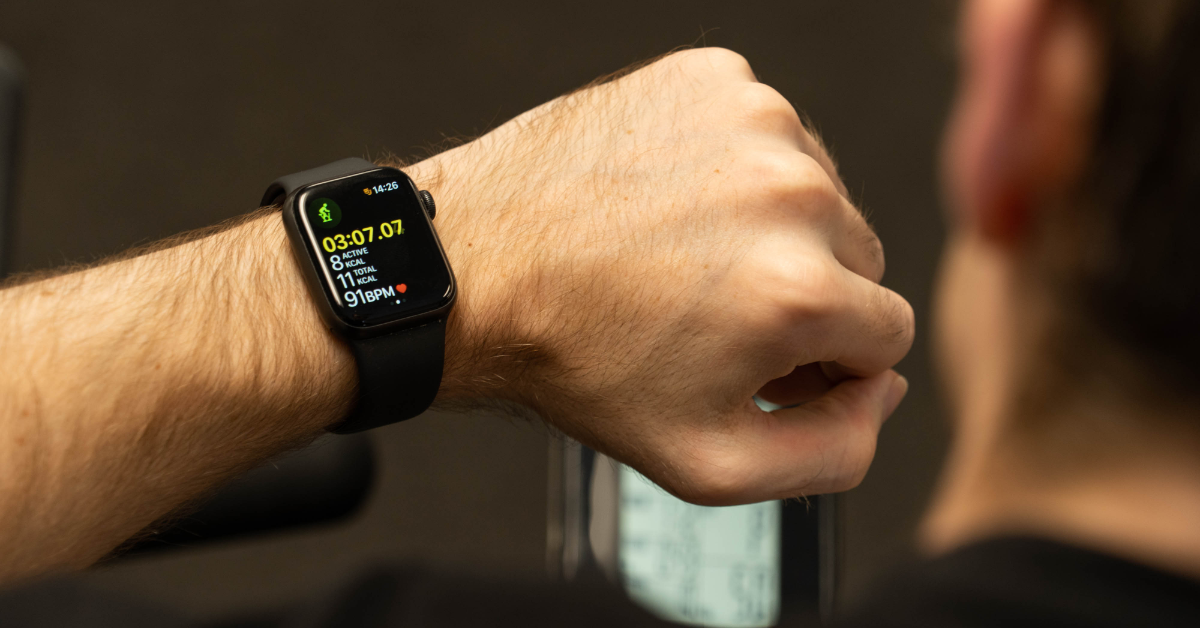An Epidemic of Depression
Our society is in the throes of a virtual epidemic of depression. The numbers are quite staggering. More than twenty percent of the American population will experience at least one episode of what we refer to as clinical depression. We need to look deeper into this phenomenon to understand it and overcome it. My contention is, firstly, that our cultural values and memes induce us to live in ways that are, indeed, depressing. Secondly, much of what we refer to as clinical depression is inaccurate. Most depression is situational. The symptoms of depression are often due to depressing circumstances, not disease. In other words, under certain circumstances, it makes sense to be depressed.
Have We Lost Our Way?
Many of us live dulled lives, somewhat robotic in nature and devoid of deeper meaning and purpose. Our lives, often become visionless and passionless. We live in an intensely competitive culture that rewards achievement and success. Our identity and esteem become reflections of these external markers of achievement. Our pursuit of happiness and well-being become terribly misdirected. The demands of our intensely and neurotically driven culture strain our emotional and psychological balance well beyond its comfortable balance. The cultural paradigm in which we live leaves us disconnected, disenchanted and isolated. When this occurs, we tend to honor and seek material acquisitions at the cost of devoting ourselves to intimate and loving relationships – with others and ourselves.
People that thrive in loving relationships don’t typically feel depressed. Depression is symptomatic of feeling isolated and cut off. In our drive to live the good life, we typically isolate ourselves from relationships that might nourish us. Intimate and loving relations have become somewhat marginalized and have lost value in our very hurried lives. Our frenetic pace of life sees one day blur into another, until life begins to lose its meaning. We don’t have time to nurture our loved ones or ourselves, and we lose our vision of a well-spent life. In fact, the problem is that we don’t know how to live well.
Are People Dysfunctional?
Our therapeutic community attaches labels such as dysfunctional to people and families. People are not dysfunctional; social systems are. People suffer and experience pain. We are human beings, not machines that dysfunction. Such terminology expresses contempt for the human spirit. A society that produces such staggering rates of depression is dysfunctional. Our culture has created this epidemic.
Part of the problem is that we become corralled into a consensus of belief that does not serve our higher purpose. The desire to fit in and conform induces us to lose our inner voice. We are products of a cultural belief system that ignores or devalues matters of the heart and then turns and points its accusatory finger at those who suffer. When we do so, we victimize the victim. If we began to look at the depression as symptomatic of living depressing lives, we’d begin to understand that the cure lies in addressing what our souls are longing for. When we suppress the voice of our soul, depression arises. Depression surfaces for a reason. The symptoms of depression are crying out for our attention. The epidemic of depression is simply indicative of lives lived errantly, without joy or purpose.
People who feel passion for their work and friends and love their families and partners don’t become depressed as often as the population at large. People who are in touch with their spirit and enjoy a sense of community don’t incline toward depression. People who maintain a sense of wonder and awe don’t become depressed. Depression isn’t the enemy. It’s simply a warning sign that we’re not on the right path. Our disconnection and folly pursuits of happiness may have much to do with this.
Before the advent of modern psychotherapy, and well before the pathologizing of the word “depression,” we would refer to such symptoms as melancholia. Life would bring certain periods and events in which one might feel some melancholy. Sadness is appropriate at times. When people experienced such sadness, friends and family may have supported them through the difficult times. But they weren’t told that there was something wrong with them. Loving support is the most powerful agent in the treatment of depression. When we lose our compassion and relegate depressed people to their diagnosis, we tend to dehumanize them.
Is Our Society Manufacturing Depressed People?
A dominant theme in our society is that you should be happy, and if you’re not, there’s something wrong with you. Life can be difficult at times. It is in the labeling of people as depressed that the greatest injustice is done. I’m not suggesting that there aren’t people who are indeed clinically depressed, but simply that the indiscriminate manner in which diagnoses are meted out to people without proper discrimination is grossly absurd. When clinical diagnosis of depression is made in the astronomical numbers we witness in American culture, it speaks to something much larger: A society that has lost its way.
If we see depression as a signal that something is off, we might use the depression to catalyze positive change. Very often depression makes perfect sense. In my practice, I often treat individuals who are being abused, living in loveless relationships or suffering from loss. Depression in such instances seems quite appropriate. Rather than treat the depression, I prefer to assist these people in coming to terms with their life challenges. It is essential to treat the person, not the depression. We must come to understand how the depressed person struggles contextually in their lives and to appreciate their particular struggles and challenges. We must, at all costs, refrain from reducing them to a clinical compilation of symptoms.
Situational Depression
In some instances, depression is situational. Loss of a loved one, illness or job loss creates circumstances that are painful. Working through the loss is more healing than medicating the pain. It is essential to address the underlying causes and not simply suppress the symptoms. The difficulty is that in our quick fix mentality, we believe that if we can suppress the symptoms then all is well. When we come to see depression not as the enemy but as an expression of struggle, the epidemic will likely subside as we come to honor the integrity of our human spirit. We do not ordinarily grow without engaging struggle. So the irony is that by medicating our symptoms with psychotropic medication, we ensure continued stagnation, for the struggle is never resolved toward a breakthrough; it is merely placated.
Gary Greenberg, in Manufacturing Depression, suggests that depression as a clinical disease may indeed be manufactured. He references best selling psychiatrist Peter Kramer’s assertion in Against Depression that “depression magically skyrocketed after the drug industry introduced SSRIs and that diagnostic criteria can’t distinguish between depression and grief.”
My thesis is, therefore, twofold: Much of what we call depression is a typical life struggle around loss, fear and grave situational issues that have become clinicalized for profit. Yet, there also lies a deeper despair that accompanies living an incoherent life, as a stranger in a strange land. What I am strongly asserting is that depression, and anxiety for that matter, are the most likely outcomes of living in and with the unmerciful and misguided constraints of a tired and destructive worldview. Our constructed reality is for many people depressive and anxiety inducing. Feeling as such ironically suggests that many depressed people are merely mirroring the affects of a somewhat incongruous, if not insane way of living, fostered by the society itself. In effect, the way that we are living is producing tragic results.





Fabulous article! Thanks for posting this.
Thank you Geri. Where are you from?
On CBS Sunday Morning – March 18th – interesting – 10% of the US population – triple from 2 decades ago (27 million ) – This Study basically says that Placebo and Anti-Depressants are equally effective for mild and medium depression.
NO ONE in the USA is talking about the 8 Billion dollars spent on DTC – Direct To Consumer – Advertising, illegal in the rest of the world, and ONLY legal in Americ…See More
Antidepressant Drug Effects and Depression Severity, January 6, 2010, Fournier et al. 303 (1): 47 —
jama.ama-assn.org
Context Antidepressant medications represent the best established treatment for major depressive disorder, but there is little evidence that they have a specific pharmacological effect relative to pill placebo for patients with less severe depression.
[…] even by artificial means, to reduce the ill-effects of stress in today’s world where depression is reaching epidemic proportions. Alleviating excessive stress is necessary for sound health but not everyone can attain a state […]